Leucid Bio Doses First Patient in Trial of LEU011, a CAR-T Therapy for Solid Tumors
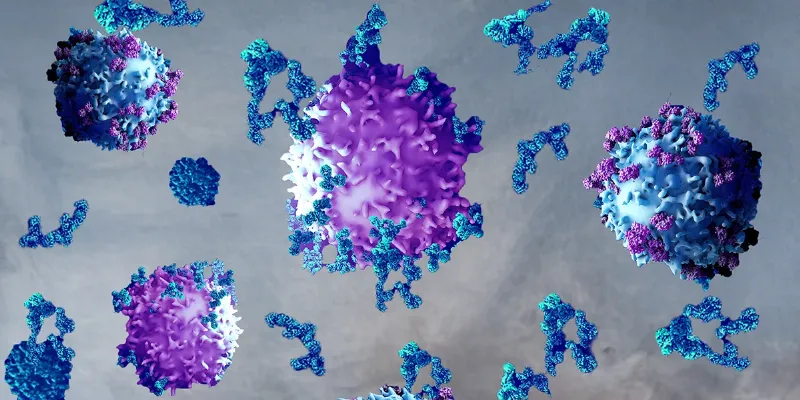
Leucid Bio has dosed the first patient in its Phase 1 AERIAL trial of LEU011, an NKG2D-targeting CAR-T therapy for solid tumors. LEU011 is engineered for enhanced tumor infiltration via CXCR2 and manufactured at GOSH.
Leucid Bio has announced the dosing of the first patient in its Phase 1 AERIAL trial of LEU011—an autologous CAR-T therapy designed to overcome the well-documented obstacles of treating solid malignancies with engineered T cells. Initial clinical data are expected in late 2025, marking a potential breakthrough in solid tumor immunotherapy.
While CAR-T therapies have reshaped the treatment landscape for hematologic cancers, they’ve struggled to gain traction in solid tumors, largely due to issues of poor T-cell trafficking, hostile tumor microenvironments, and antigen heterogeneity. LEU011, Leucid’s lead candidate, aims to subvert these challenges through a multipronged design that reflects the company’s proprietary "lateral CAR" platform—a novel construct aimed at mimicking physiological T-cell activation more effectively than conventional vertical CAR designs.
Targeting a Broadly Expressed Tumor Ligand
At the core of LEU011 is the targeting of NKG2D stress ligands—surface molecules upregulated on over 80% of human tumors, including cells in the surrounding microenvironment. These ligands present an appealingly broad target profile, potentially enabling LEU011 to tackle multiple tumor types with a single design.
To address the persistent problem of inadequate T-cell infiltration into tumors, LEU011 co-expresses the chemokine receptor CXCR2. This addition is engineered to enhance the ability of CAR-T cells to home in on tumors, guided by inflammatory signals often present in the solid tumor microenvironment. Preclinical data have suggested that this dual-targeting and enhanced trafficking approach translates into potent anti-tumor responses.
"The initiation of the AERIAL trial is a significant milestone for Leucid. LEU011 has demonstrated striking anti-tumour activity preclinically, while illustrating the potential to overcome challenges in treating refractory solid tumours," said Filippo Petti, Chief Executive Officer, Leucid Bio.
This trial also breaks new ground in manufacturing. LEU011 is the first CAR-T candidate for solid tumors to be manufactured at the Zayed Centre for Research at Great Ormond Street Hospital (GOSH). The facility, which operates under Good Manufacturing Practice (GMP) standards, was brought into the fold through a strategic partnership announced in 2023. The use of an in-house UK-based GMP facility for autologous CAR-T production could streamline development timelines and improve scalability—two enduring barriers in the cell therapy field.
Stephen Mathew, Head of Innovation at the Great Ormond Street Hospital Cell and Gene Therapy Service, stated, “This exciting milestone reflects our mission to accelerate innovation in cell and gene therapies and bring hope for better and potentially curative treatments for rare and complex conditions.”
The trial, initiated after the successful first close of a £7.2 million Series A1 financing round in February 2025, marks a defining moment for the London-based biotech. The cumulative Series A round has now reached £18.7 million, driven by confidence from major investors including Epidarex Capital and 2invest AG.
What Comes Next?
The AERIAL trial is a dose-escalation, multicenter study designed to evaluate the safety, tolerability, and preliminary efficacy of LEU011 in patients with refractory solid tumors. Each participant receives a single intravenous dose following preconditioning chemotherapy—a regimen designed to enhance the engraftment and expansion of infused CAR-T cells.
While the path to regulatory approval remains long, the trial’s launch underscores a broader shift in CAR-T development—one that acknowledges the complexity of solid tumors while innovating to meet those challenges head-on. If LEU011 can deliver on its promise, it could signal a new era in personalized cell therapy.





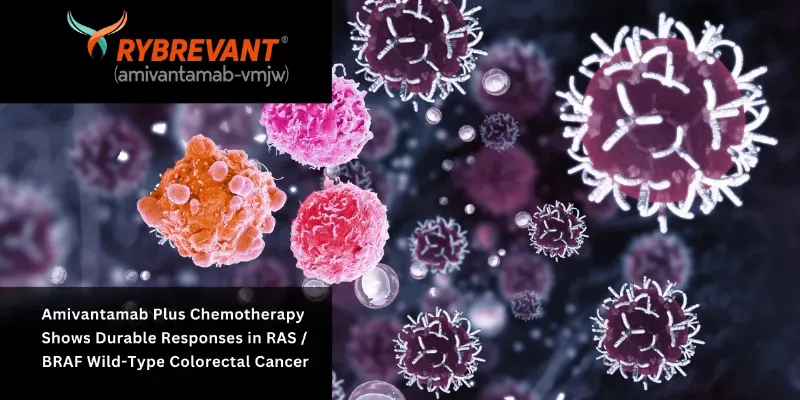
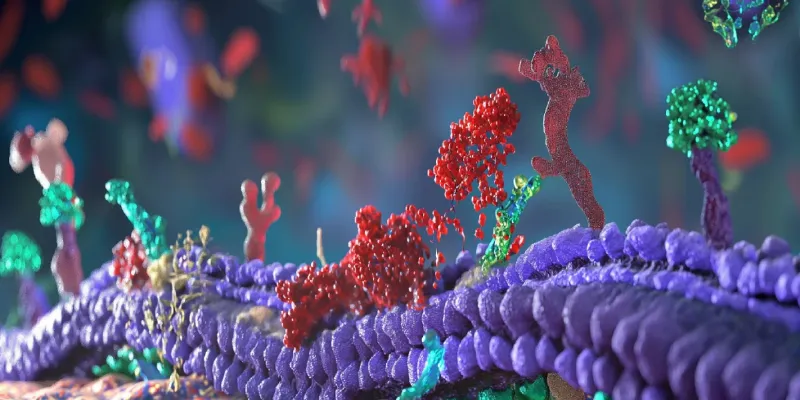
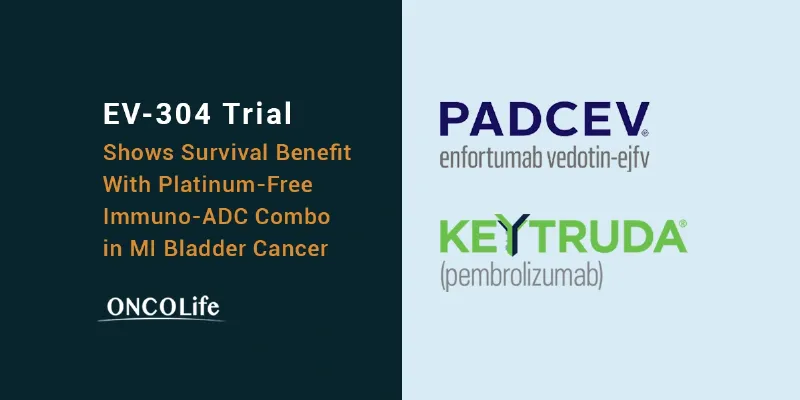
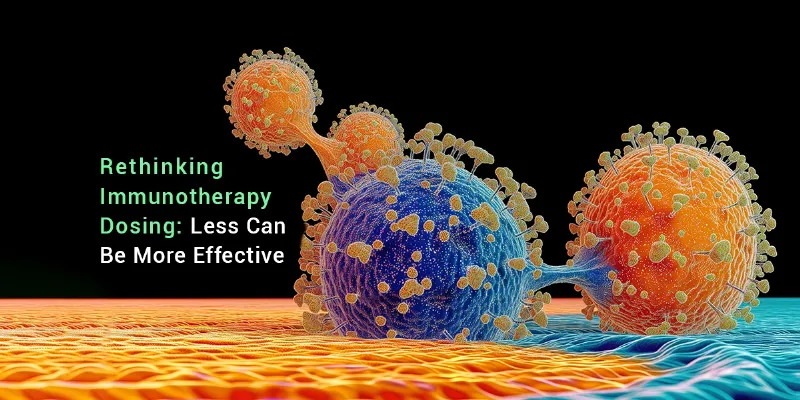
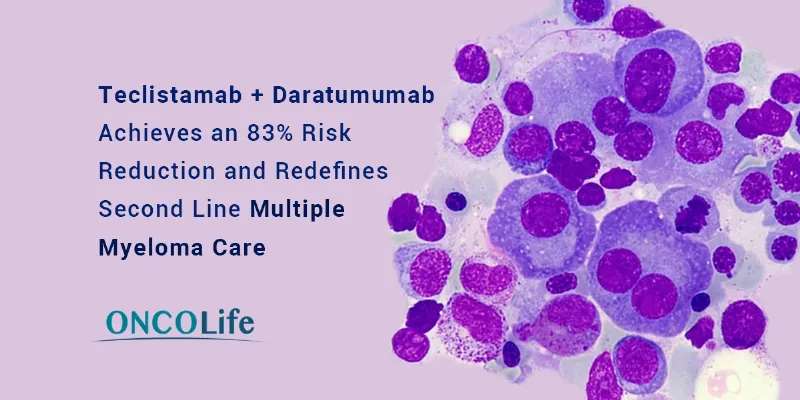
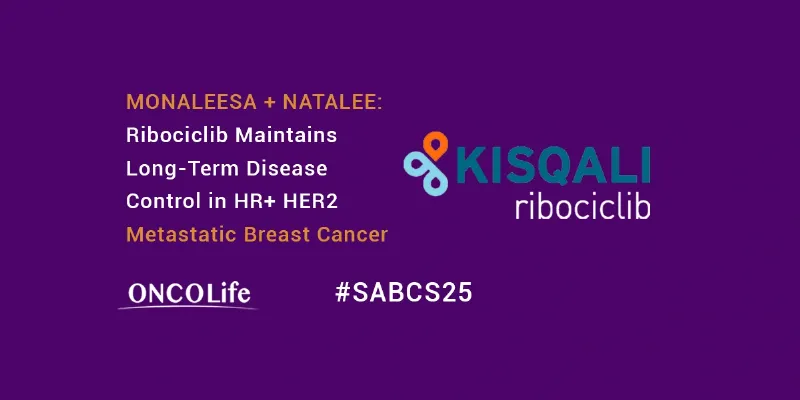
Comments
No Comments Yet!